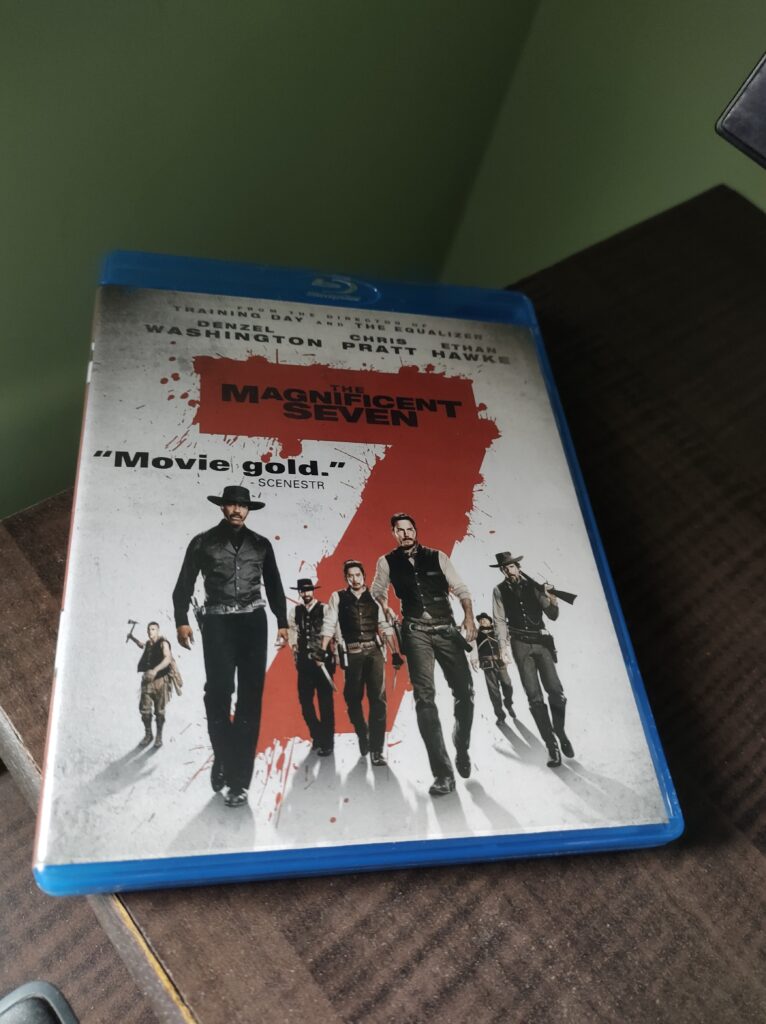
The Magnificent Seven (2016) is an action-packed western movie that takes place in the late 1800s. The movie is directed by Antoine Fuqua and stars Denzel Washington, Chris Pratt, and Ethan Hawke. The storyline follows a group of seven gunslingers who are hired to protect a small town from a group of bandits led by a notorious villain.
When comparing this version of The Magnificent Seven with the original 1960 film and Seven Samurai, it becomes apparent that the 2016 film takes more liberties with the original concept. While the basic plot remains the same, the 2016 version has a more modern feel with more advanced weapons, larger action scenes, and a more diverse cast. The 1960 film, on the other hand, is more true to its roots with classic western cinematography, a more focused storyline, and a more traditional cast.
Overall, The Magnificent Seven (2016) is an enjoyable movie for those who love westerns and action films. It may not be as memorable as the original, but it is a solid addition to the western genre and offers an enjoyable escape from reality for a few hour.
On the music of the films.
The music in The Magnificent Seven (2016) holds a special place in the hearts of movie lovers as it was one of James Horner’s final works before his passing. Horner’s talent shines through in the score, adding an emotional touch to the film’s action scenes. The music is upbeat, adventurous and energetic, fitting the mood of the movie perfectly, and serves as a lasting tribute to the composer’s legacy.
The music in the 1960 film was composed by Elmer Bernstein and is considered a classic of western movie scores. The music in the 1960 film is more orchestral, with a strong emphasis on strings and horns, and sets the tone for the movie with its powerful and dramatic themes. While both scores are memorable, the 2016 score is more contemporary and fitting for a modern western, while the 1960 score is more iconic and timeless.
